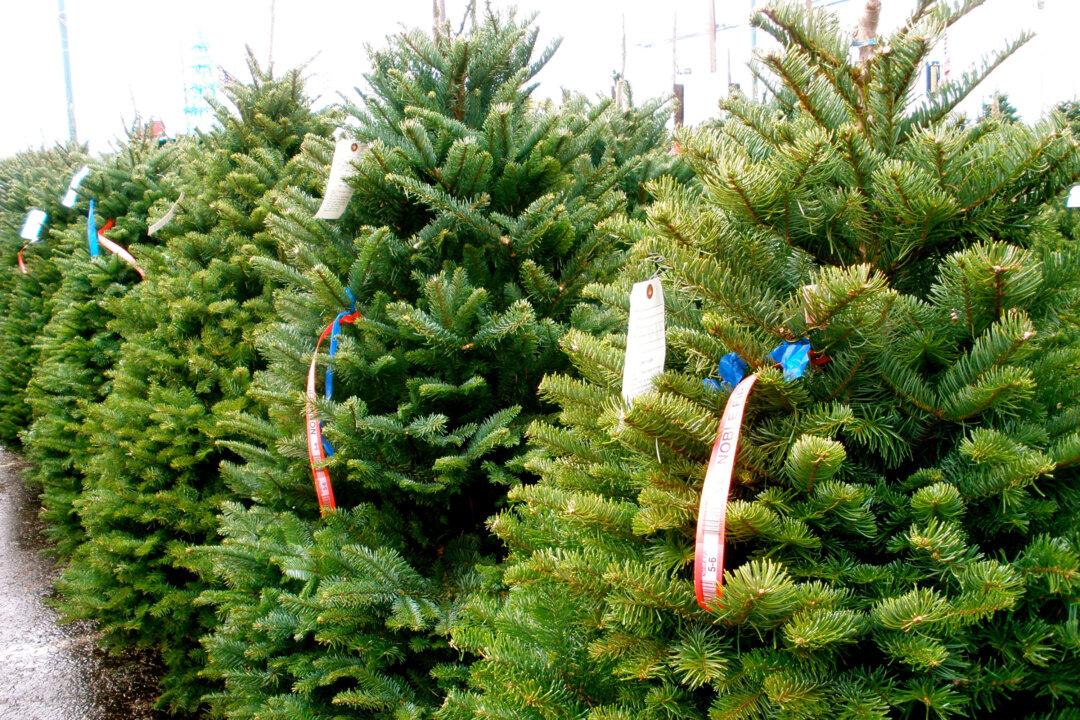By Abraham Gutman
From The Philadelphia Inquirer
Fresh-cut Christmas tress can make the entire house smell festive, but they also pose a fire risk if not handled properly.

Fresh-cut Christmas tress can make the entire house smell festive, but they also pose a fire risk if not handled properly.